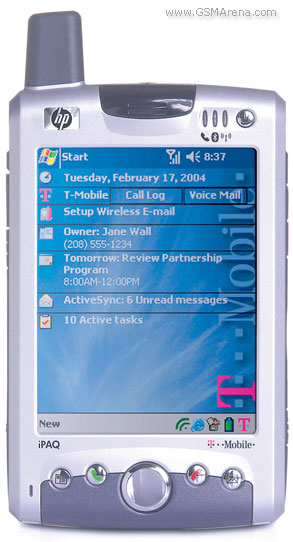Uh, yeah..
So, my "et al" means that Dennis Ritchie doesn't stand alone in the advancement of human thought, but he is the only one who was found dead within a week of Steve Jobs, which is why his name is being mentioned.
I don't know that I woudl say tha Metcalfe or Bricklin did much for though per se. They were pioneers in the advancement of computing, but I'm not really sure that the change from, say, Token Ring to Ethernet really changed the way people thought.
I'll give a passing nod to Andreesen, because his contribution to computing was so profound that it changed everything including the way we think about things.
I believe that Dennis Ritch and Alan Kay and of course many others literally change the way we (all of us) think in response to problems and solutions. That's one heckuva thing to say you did.
Without Metcalf, there would be no internet. That's pretty big in my book. Ritchie didn't change the way I think. Dr. Dave Fulton and Charles Moore (Forth) did more to change my thinking by promoting the OOP concepts of true encapsulation, inheritance and reputability that C will never posses.
C was the second language I learned, after Basic. I have a fondness for it, hell the C# I use today is roughly based on the syntax of C. I would have never bothered to learn Assembly if not for needing to write Stucts using in-line assembly. But the concept used in modern systems don't derive from C or the work of Ritchie. Instead we've kludged C to create pseudo relevance in an world of objects. C++ is procedural code masked to look a little like OOP. C# is 90% OOP.
Ermmmm - yeah, I guess..... include Jack Tramiel in there too.
I think that young people today have this terrible misconception that Apple Computer was started in the 1970s and has dominated the computing landscape fromt that point on. Not true. Apple Computer has always been a distant second to computers running a Microsoft OS and Apple essentially is a non-competitor with Microsoft in many other technology spaces including server software and line-of-business apps and desktop office automation software..
What Apple did was handheld devices. I can hardly see how it really matters, what second-rate computing platform they had 10 years ago. The handheld devices are what matter to them.
In 1978, no one knew who Microsoft was. Apple dominated between 78 and 82. But then as now, they were proprietary machines that didn't play well with others. I needed to be able to sell my work - which meant that it needed to work on as wide a range of machines as possible.
